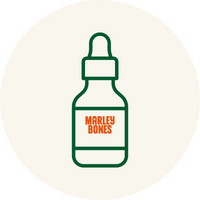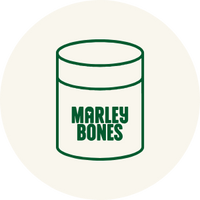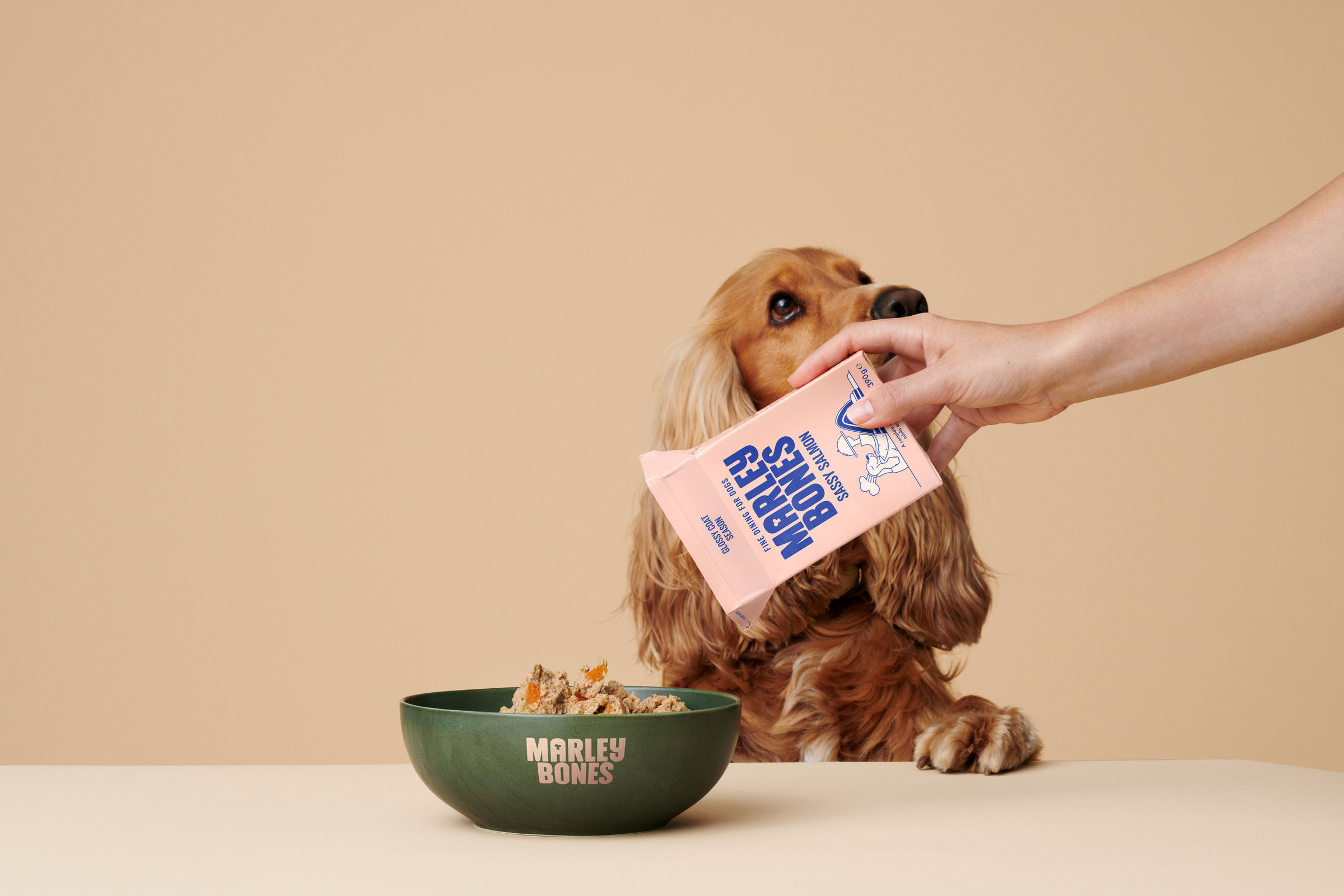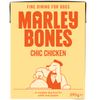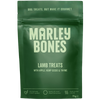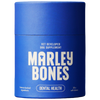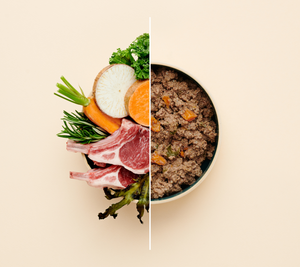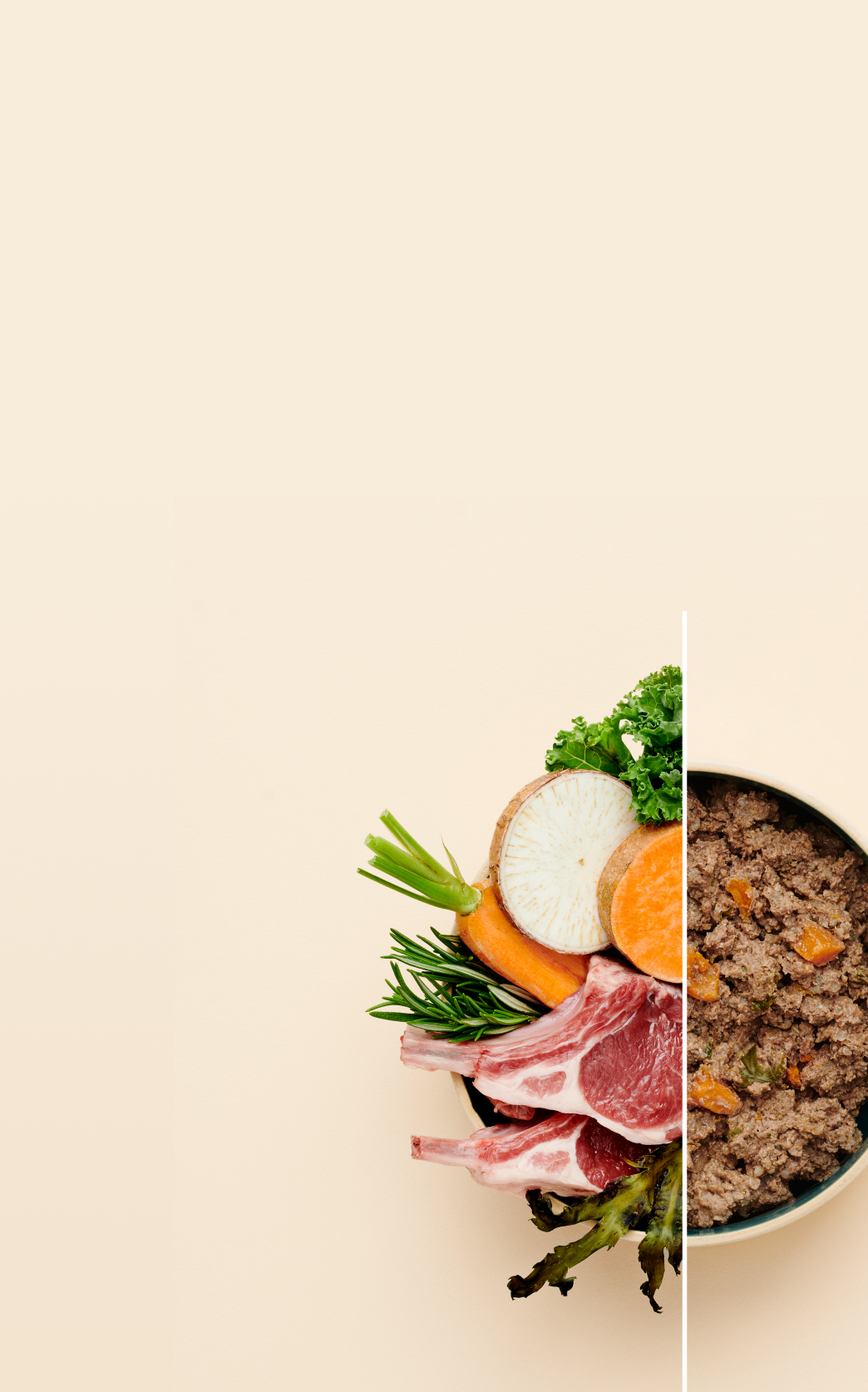Can Dog Treats Make a Dog Sick? Understanding the Risks and Precautions
It’s no surprise that most dog owners love treating their pups. In fact, studies show that four out of five owners give their dogs treats regularly—biscuits, chews, and dental snacks being among the most popular.
While there’s nothing wrong with a well-deserved reward, it’s important to remember that even the best intentions can have unintended effects. Treats can absolutely enrich your dog’s life, but if they’re not chosen carefully or given in excess, they can lead to digestive upset, allergies, weight gain, or even contribute to long-term health issues.
Understanding what’s in the treats you offer—and how they fit into your dog’s overall diet—is essential. From recognising signs of intolerance to avoiding low-quality ingredients, here’s everything you need to know to keep treat time both safe and enjoyable.
Can Dog Treats Cause Health Issues?
Yes, dog treats can cause sickness in some dogs, especially if they’re packed with poor-quality ingredients, contain allergens, or are fed too frequently. Some treats are high in sugars or artificial additives, which may not show immediate effects but can add up over time—especially for smaller breeds or dogs with sensitivities.
Dr Davide Stefanutti, DVM, PhD, explains: "Most commercially available dog treats contain simple sugars like sucrose. While they may seem small, these treats are often very calorie-dense. A 100 kcal treat may only be 5% of a human’s daily intake—but could exceed 30% for a small dog."
The takeaway? Even small treats can have a big impact on your dog’s health if they’re not chosen or portioned correctly.

How Overfeeding Treats Affects Dogs
We get it—those eyes are hard to resist. But moderation really matters. Overdoing treats can result in:
- Weight gain: Extra treats mean extra calories.
- Digestive upset: Too many snacks can overwhelm your dog’s system, causing vomiting, diarrhoea, or flatulence.
- Nutrient imbalance: Treats are not designed to be nutritionally complete. If they make up too much of the diet, imbalances can develop.
A good rule of thumb? Keep treats to less than 10% of your dog’s daily calories. This is especially important if your dog already enjoys a balanced, complete diet like Marleybones, where everything they need is already in the bowl.
If you’re using treats during training or play, consider breaking larger ones into smaller pieces or choosing healthier, lower-calorie options. It’s quality over quantity.
Spotting Allergies and Sensitivities
Just like people, dogs can have allergies or food intolerances. A new treat might seem harmless—until it triggers a reaction.
Watch for signs like:
- Itching or skin irritation
- Loose stools or vomiting
- Coughing, sneezing, or wheezing
If any of these symptoms appear after introducing a new treat, stop feeding it immediately and speak with your vet. Food sensitivities can develop at any age, and identifying the cause early helps prevent more serious issues down the line.
What To Look For in A Safe Treat
Treats can vary massively in quality. The safest way to avoid problems? Read the label.
Dr Stefanutti advises: “Avoid any treats that list vague ingredients like ‘meat derivatives’ or ‘vegetable by-products.’ If the label doesn’t specify what’s inside, it’s best to walk away.”
Choose treats that:
- Clearly list ingredients you recognise
- Are free from artificial sweeteners like xylitol or sorbitol (both toxic to dogs)
- Don’t include unnecessary fillers or preservatives
And always check the packaging—damaged seals, discolouration, or off smells could mean contamination. It’s also wise to stick with brands that use fresh, transparent ingredients and ethical sourcing practices. For example, Marleybones treats are shelf-stable without compromising on quality—a simple swap that keeps things safer and easier for pet parents.
You could even try integrating supplements into treat times. Daily chew's provide targeted support for your dogs joints, gut and dental health - all whilst being enjoyable and tasty for your dog!
Treats and Chronic Health Conditions
Dogs with conditions like chronic kidney disease or heart problems need extra care when it comes to treats. That’s because certain nutrients—like phosphorus and sodium—need to be kept low.
If your dog is on a therapeutic diet to manage these conditions, even a few "regular" treats could interfere with their treatment plan. In this case, only feed vet-approved snacks that align with your dog’s specific dietary restrictions.
Keeping Treat Time Safe
To ensure treats stay a healthy part of your dog’s routine:
- Read every label: Know exactly what you’re feeding.
- Watch the portions: Less is more—especially with richer treats.
- Check the expiration date: Expired treats can carry harmful bacteria.
- Store properly: Keep treats in a cool, dry place to prevent mould.
- Introduce slowly: Try one new treat at a time, and monitor how your dog reacts.
Never use treats as a meal replacement: They’re a supplement, not a substitute.
Lastly, always supervise your dog while they’re enjoying a new chew or snack—especially those that are dense or crunchy. Choking or difficulty digesting hard bits is a real risk, even for experienced chewers.

The Final Woof: From the Vet
Dog treats can absolutely be part of a healthy, happy lifestyle—when chosen carefully. Opt for high-quality options, give them in moderation, and stay aware of how they fit into your dog’s overall diet. If you're ever unsure, check in with your vet for personalised advice.
And remember: a complete, balanced base diet like Marleybones means you can keep treats light, guilt-free, and truly rewarding—for both of you.



